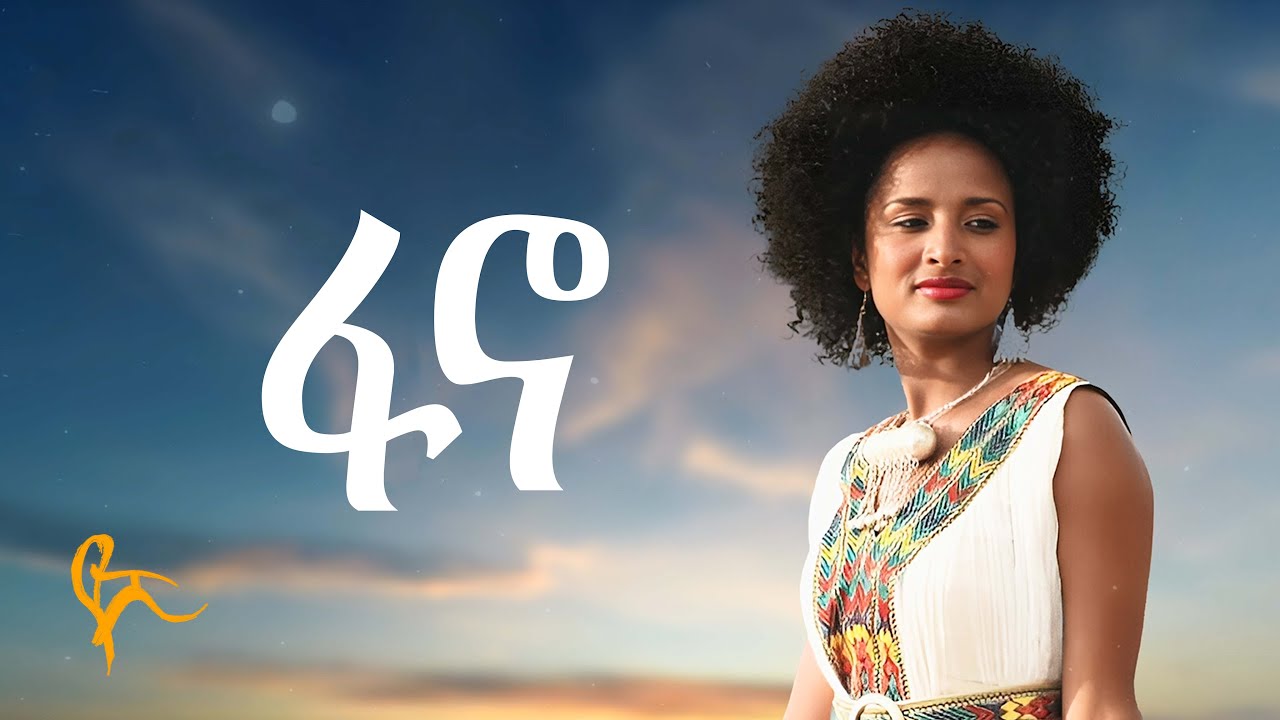Amid rising inflation and economic uncertainty, Addis Abeba’s private schools are contending with the difficult decision to hike tuition fees, even as parents struggle to afford them. Officials at the Education & Training Quality Occupational Competency Assurance Authority previously mandated that the city’s private institutions freeze fee adjustments, but rampant inflation, currently at 33.7pc, has imposed a rethink.
As schools navigate this economic tightrope, teachers face their own challenges. Despite bearing the brunt of inflation as both educators and parents, many private school teachers have seen their salaries stagnate. They are hopeful for a wage increase in line with the proposed school fee adjustments. Yet, these changes depend heavily on the will of schools` management, as the Ethiopian Private School Teachers Association asserts.
While private institutions grapple with these problems, public schools prepare for an expected influx of students. Bole Secondary School, for instance, is adding classrooms to accommodate 2,000 incoming students. However, concerns linger about the quality of education in public schools. Despite a literacy rate of over 50pc, a recent World Bank study revealed that around 55pc of Grade 12 students lacked basic proficiency, indicative of a drop in teaching quality. With the economic crisis increasingly affecting the education sector, parents struggle to reconcile the trade-off between maintaining quality and ensuring affordability. For some parents, the criteria for selecting a school began to shift from quality to affordability.









